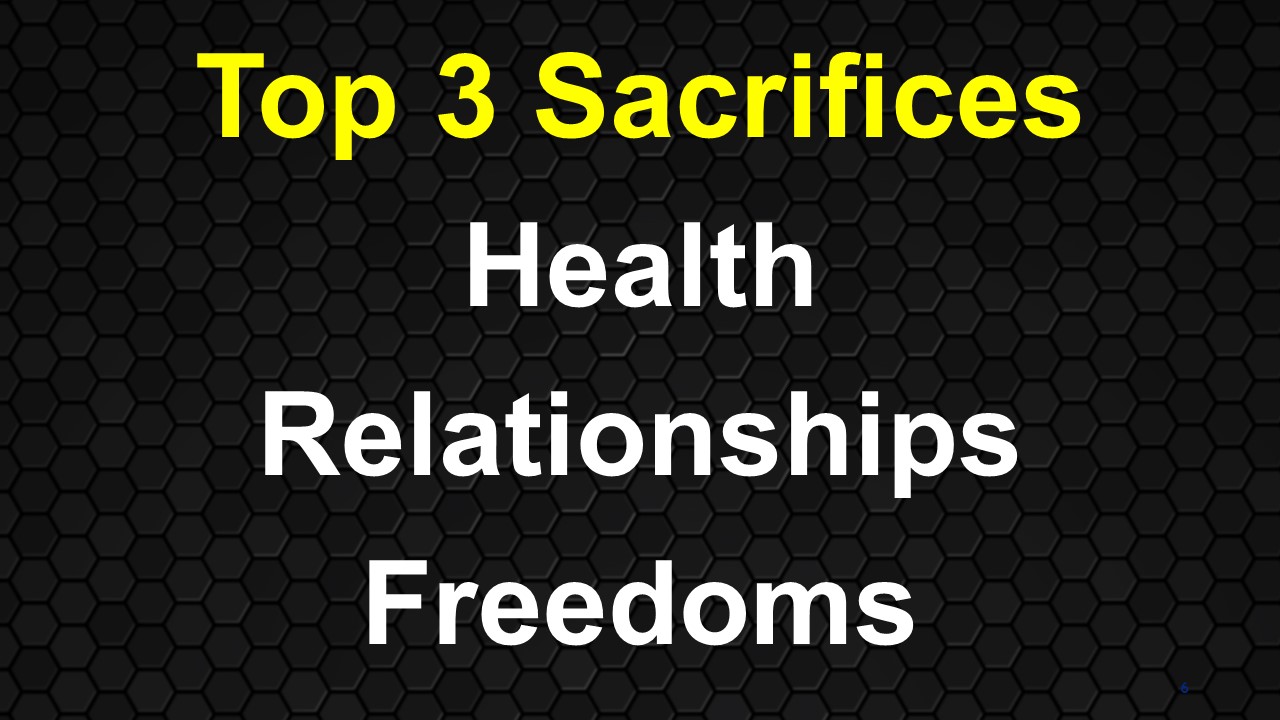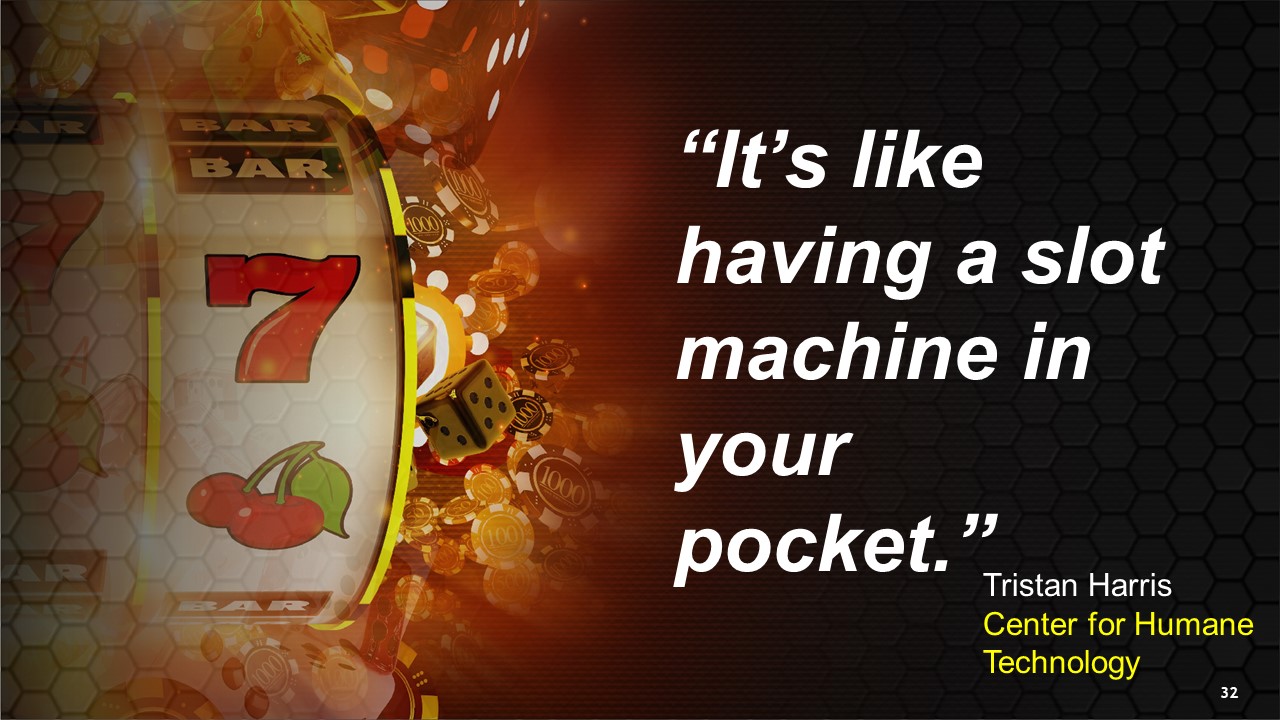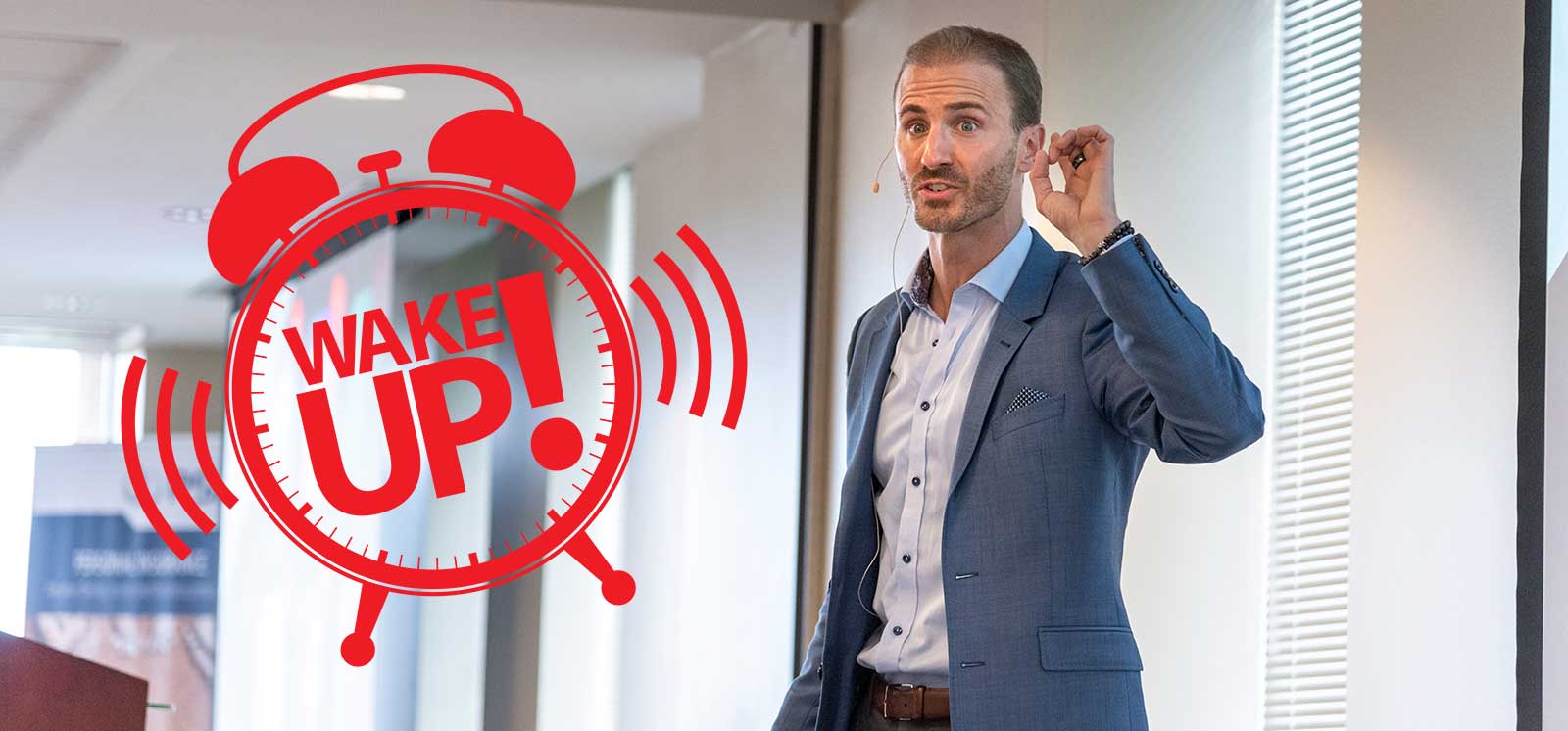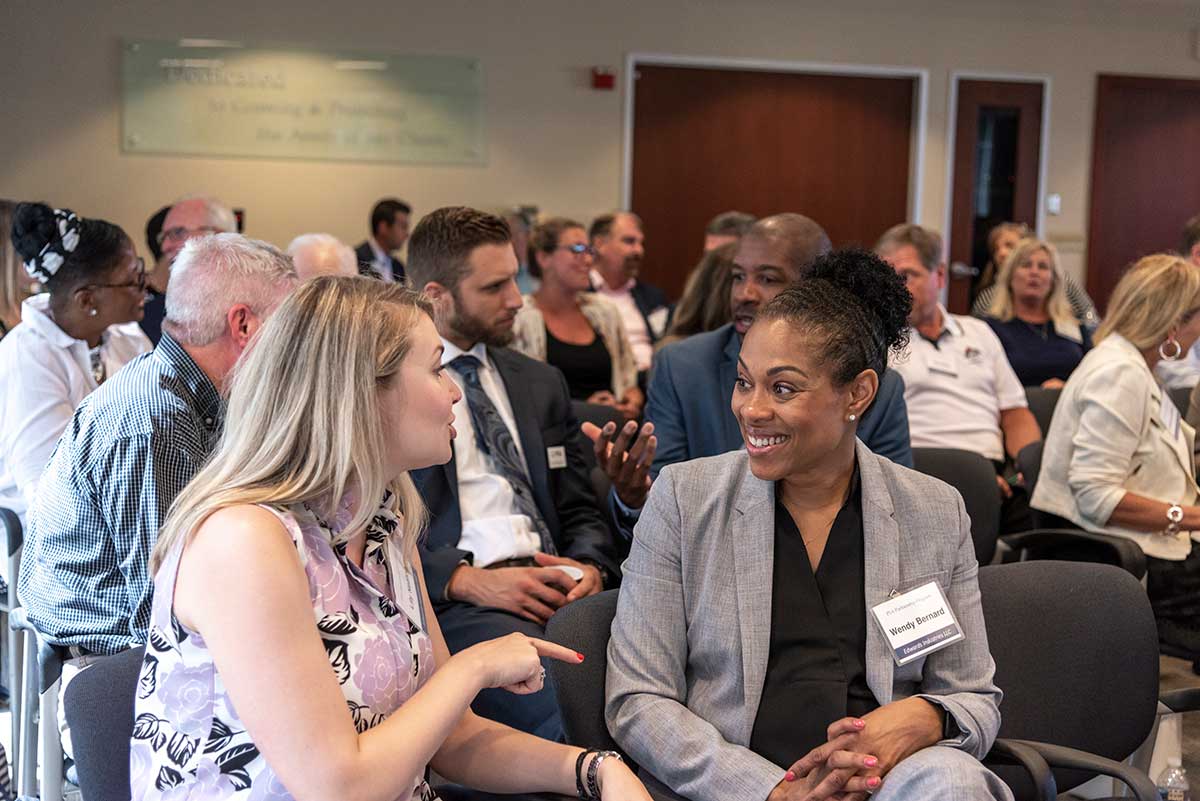Your “Sacrifice” Strategy Isn’t Working; Stop Drifting Your Life Away
Posted in: PSA Partnership
Workplace burnout is an ever-increasing challenge for many businesses. Each year, it seems we’re asked to do more with less when it comes to our jobs, and according to PSA Partnership Seminar speaker, Dominick Quartuccio, people are using one strategy to meet the rising work demands: sacrifice.

There are three main types of sacrifice:
- Health (physical, mental, emotional, spiritual)
- Relationships (children, spouse, friends, parents)
- Freedoms (ability to take time off or spend time away from work entirely)
Here’s the bad news: the strategy of sacrificing is broken. This method can lead to stress-related illnesses and can create a sense of resentment towards work resulting in job burnout, which hurts your culture and bottom line. This might seem like a hopeless reality to those striving to achieve at work and balance the rest of their lives—but according to Dominick, our problem is what he calls “drift,” and there is a solution.
Did you know that 95% of what we think, feel, and do falls beneath our detection? Our HABITS drive US. Many of us go through life in a hypnotic state, none the wiser, until an outside force (usually something negative) hits us and wakes us up.
“
According to Dominick, ‘the antidote to drifting is intentionality.’ Essentially, we must purposely alter our habits and our thinking to enact positive change.
”
This can be difficult, and takes effort—so in the words of Dominick—“find out if the juice is worth the squeeze.” Change starts to occur if you can see what it would take for you to move just a couple of steps in the right direction—what fruit could that bear?
Each person’s individual health, relationships, and freedoms are important, and, as a business leader, the way you handle this balance can and will create a positive or negative work culture. Here are some things to consider and implement within your organization to avoid workplace burnout:
Exercise gratitude in your personal and professional life.
Some people are what Dominick refers to as “energy vampires.” Whenever you enter their “vortex,” something is unfailingly wrong. If you think you might be one of these people, it’s time to stop looking for the bad in every scenario and start having an attitude of gratitude.
- Consider writing down three things you’re grateful for each day. Exercising gratitude can actually rewire our thinking. Don’t stay shallow—tap into why something matters or makes you feel grateful in order to make significant progress.
- Challenge your employees to participate in some type of mindfulness activity, and encourage them to share gratitude with each other. In the words of G.B. Stern, “Silent gratitude isn’t much use to anyone.” Be a proponent of a work environment where employees are recognized and appreciated.
Differentiate between the urgent and the important things in your day.
The amygdala, a small, ancient part of the human brain triggers our fight or flight instincts, and it always chooses “urgent” over “important.” While we don’t find ourselves in the life-threatening environment our caveman ancestors were facing, the brain is still producing these responses for us in our daily lives.
Here’s an important distinction: not everything that is urgent is important. Stop and take the time to sort out what’s actually important from all of the urgent happenings, and focus your time and energy on those select things that drive substantive value for your organization. Encourage your team to do the same.
Take control of your technology use—get one hour back each day (minimum) of productivity.

Technology has an addictive nature, so it’s important to put protocols in place so that it enhances rather than hijacks your and your team’s time. Here are some practical tips you can incorporate into your life and encourage your employees to follow suit:
- Turn off your phone notifications. Without the temptation of those little numbers popping up on your email and social media platforms, you won’t feel the need to check your phone as often.
- Stop using your phone as your alarm clock. How you start and end your day is important and can impact everything that happens in between. If your phone is your alarm, it’s likely that you spend the beginning and end of your days on your device.
“More is happening each year, and this should be exciting, not stressful. But if you fall into drift, you will only experience more of the same,” Dominick warned. Take command of your time and technology with intentionality to effect change in your company and avoid job burnout.
Want to keep the leadership conversations going? Join us for our next Partnership event on September 24, “Finders Keepers,” presented by Garrison Wynn. In this research-backed seminar we’ll look at critical components of building an extraordinary workplace, including gaining buy-in without manipulation, turning disputes into workable collaborations, and most importantly, fostering a culture that makes people feel valued.




